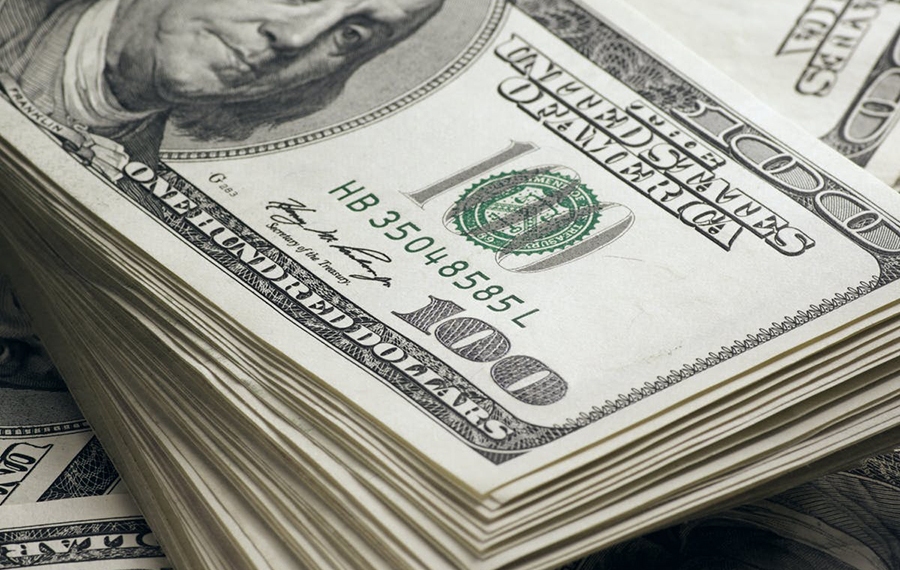The U.S. dollar edged higher in early European trade Thursday, but remained under pressure after cooler-than-expected inflation data raised the possibility of an early end to the Federal Reserve’s rate-tightening cycle.
At 02:00 ET (06:00 GMT), the dollar index, which tracks the greenback against a basket of six other currencies, traded 0.1% higher at 101.243, just above the two-month low of 101.138 seen earlier in the session after sinking 0.6% overnight.
U.S. consumer prices edged 0.1% higher in March, data showed Wednesday, resulting in an annual increase of 5.0%, the smallest 12-month gain since May 2021.
This was below the 5.2% expected, but underlying inflation pressures remained strong, with core CPI, which excludes volatile food and energy prices, rising 5.6% on an annual basis, up from 5.5% the prior month.
These numbers are likely to mean that the Federal Reserve raises interest rates again next month.
However, expectations are growing that the U.S. central bank will be cutting interest rates before the end of this year, especially after the minutes from the last Fed meeting in March showed projections of a mild recession later this year.
Thursday brings more inflation data in the form of producer prices, which are expected to moderate from the same time last year, and unemployment claims, which are expected to inch higher than the prior week.
EUR/USD edged lower to 1.0987, having touched a more than two-month high of 1.1005 earlier in the session, with the European Central Bank likely to continue hiking interest rates for longer than its U.S. counterpart in order to rein in rising prices.
“We may possibly still have a little way to go on rate hikes at our next meetings,” said François Villeroy de Galhau, the French central bank chief, in an interview Wednesday, “though I think it premature to decide now what we will do in May.”
German inflation data, released earlier Wednesday, illustrated the extent of the difficulties the ECB faces, as consumer prices in the euro zone’s dominant economy rose 0.8% on the month in March, up 7.4% on an annual basis.
GBP/USD rose 0.1% to 1.2488, trading near levels last seen in late May last year, with U.K. inflation remaining in double digits, having surprised by accelerating to 10.4% in February.
Elsewhere, AUD/USD rose 0.2% to 0.6701 after strong employment data opened up room for the Reserve Bank to continue with its rate hike cycle.
USD/JPY rose 0.1% to 133.30, while USD/CNY was marginally lower at 6.8744, with the yuan struggling to take advantage of a surprise rebound in Chinese exports through March.



